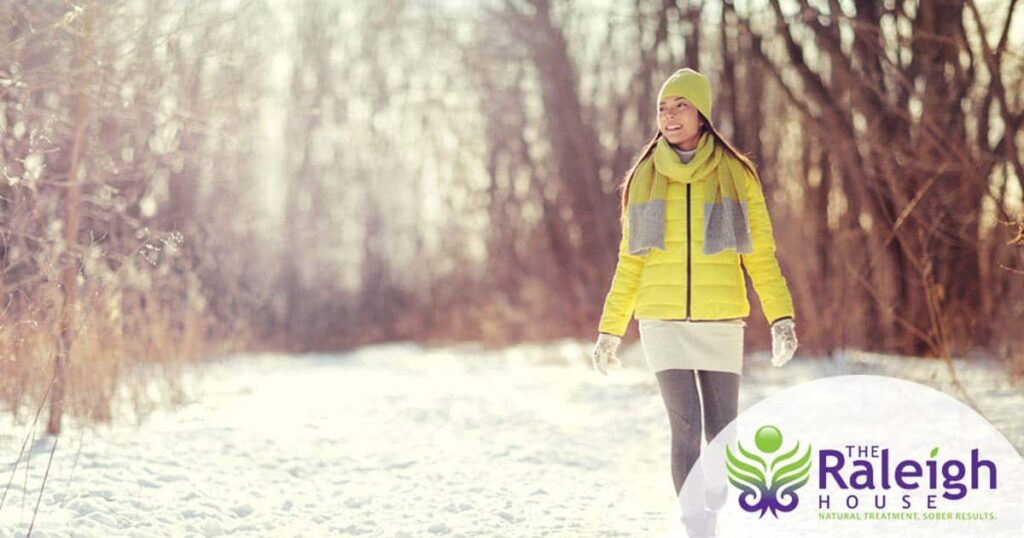It’s hard to embrace life when you can barely get out of bed in the morning.
And yet that’s exactly how seasonal affective disorder (SAD) makes about 20 percent of the population feel every year as winter sets in. It’s interesting to note that about 75 percent of those affected are women.
What is Seasonal Depression?
Before we get into how to manage it, let’s take a look at what SAD actually is. It’s more than just feeling like you’re sick of winter—a lot more.
People with SAD experience many of the same symptoms as those suffering from depression. That includes having less energy, trouble concentrating, fatigue, a feeling of hopelessness, weight gain and an increased desire to be alone.
What Causes Seasonal Depression?
While researchers are not certain of the exact cause of seasonal depression, one theory is that a decrease in sunlight disrupts the body’s internal clock.
Another theory is that reduced sunlight can cause a drop-in serotonin that may trigger depression. It’s also thought that the change in seasons can disrupt the balance of the body’s level of melatonin, which also plays a role in sleep patterns and mood.
How to Treat Seasonal Depression
The great news is that SAD can be treated. For many people, the solution is as simple as investing in a light therapy lamp. Look for one that produces at least 10,000 lux of light and emits as little UV light as possible. They should be used for about 20 to 30 minutes each morning, within an hour of waking up.
Lifestyle changes are another good step to take. Make sure you get enough sleep, eat well and get some exercise. One of the best things to do is to simply take advantage of sunny days by going for a brisk winter walk to the store or around the block.
Another way to get more “sun” is to take a Vitamin D3 supplement, which is sometimes referred to as the “Sunshine Vitamin” because it’s produced in your skin in response to sunlight. In the winter, many of us are D3 deficient—and this supplement can help.
Finally, if your SAD is severe it’s important to seek professional help immediately and treat it the same way you would regular depression. Depression and addiction often go hand-in-hand as people try to self-medicate their bad feelings away.
Unfortunately, that just makes both conditions worse.
Hope and Healing at The Raleigh House
The Raleigh House is a treatment center located in Denver that specializes in treating co-occurring conditions. So if you’re suffering from both addiction and depression, we understand how depression and anxiety disorders are related and know that you can’t get better unless both conditions are treated at the same time.
The goal, after all, isn’t just to get our residents off of drugs of alcohol. It’s to make them feel better—and equip them with the tools that they need to live a good life.
If that sounds like something you’re interested in, we’d love to talk with you. Fill out our form or contact us today to learn more about our drug and alcohol addiction treatment programs.

